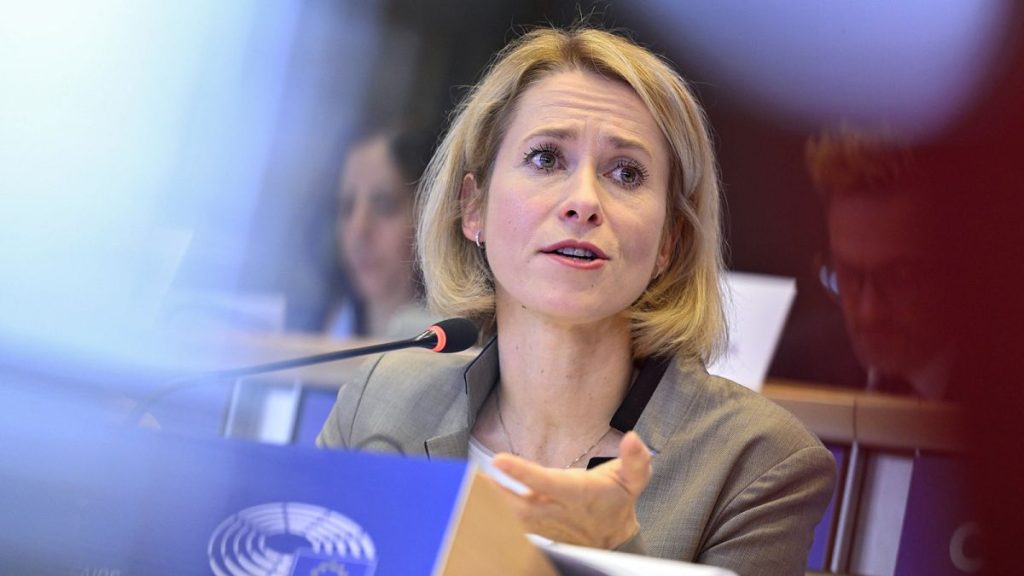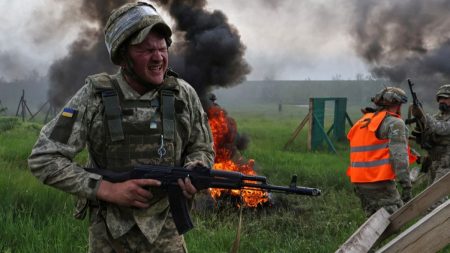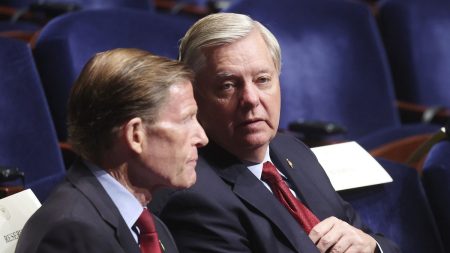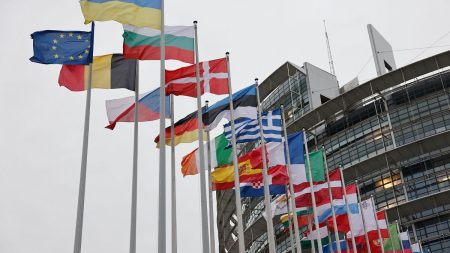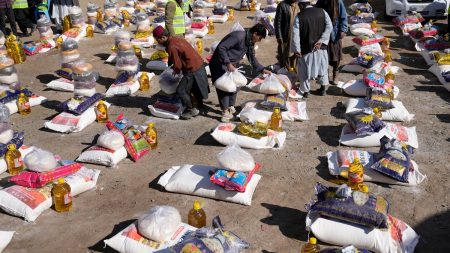The recent overthrow of Bashar al-Assad’s regime in Syria, spearheaded by the rebel group Hayat Tahrir al-Sham (HTS), has presented a complex and delicate situation for the international community, particularly the European Union. While the fall of Assad represents a potential turning point for the war-torn nation, the EU’s foreign policy chief, Kaja Kallas, has emphasized the need for cautious optimism and a vigilant approach to the transition. Kallas, while acknowledging the “good” initial signals from HTS, underscored the importance of judging the group by their actions rather than mere words, recognizing the long road ahead towards establishing a stable and inclusive Syria.
The EU’s primary concern revolves around preventing the power vacuum left by Assad from being filled by further violence, sectarianism, and extremism. The High Representative stressed the importance of protecting the rights of all Syrians, including minority groups, and upholding the country’s territorial integrity and sovereignty. Drawing parallels with the tumultuous aftermaths of regime changes in Iraq, Libya, and Afghanistan, Kallas urged all involved parties to prioritize the prevention of a similar descent into chaos. She emphasized the critical need to prevent the “weaponisation of religion” and the rise of terrorism, recognizing the potential for such elements to exacerbate existing tensions and undermine the prospects for a peaceful future.
The EU’s approach to HTS presents a significant challenge. While HTS played a pivotal role in ousting Assad, its history as an Islamist militant group, formerly affiliated with al-Qaeda, complicates its acceptance on the international stage. Despite HTS’s attempts to rebrand itself as a pluralistic force and its appointment of a provisional prime minister, its past actions and accusations of human rights abuses remain a major concern. The EU’s designation of HTS as a terrorist organization further restricts direct engagement, necessitating indirect communication channels, potentially through intermediary states like Turkey.
Kallas highlighted the importance of collaboration with regional and international actors to navigate the complexities of the Syrian transition. She emphasized the shared interest of all parties, including the EU and the Arab League, in seeing Syria prosper and avoid further conflict or refugee crises. The High Representative underscored the need for a united front to support the Syrian people in their pursuit of a “normal life” after years of devastating conflict. This collaborative approach aims to leverage the collective influence of international partners to guide the transition towards a peaceful and inclusive future for Syria.
The immediate future of Syria hinges on the actions of HTS and the evolving political landscape. While Kallas has acknowledged the positive initial signals, the EU remains cautious and committed to a “wait-and-see” approach. The organization is keenly observing HTS’s behavior and its commitment to pluralism, human rights, and a peaceful transition. The EU’s stance reflects a pragmatic approach, recognizing the need for tangible evidence of positive change before considering any formal recognition or engagement with HTS. This careful approach aims to ensure that any future engagement aligns with the EU’s commitment to human rights, democracy, and stability.
The EU’s response to the Syrian situation underscores the delicate balance between acknowledging the significance of Assad’s downfall and the need for a cautious and strategic approach to the subsequent transition. Kallas’s emphasis on a collaborative approach with regional and international partners reflects the understanding that a stable and prosperous Syria requires a concerted effort. The EU’s careful assessment of HTS, prioritizing actions over words, exemplifies a commitment to upholding its values while navigating the complexities of a rapidly evolving political landscape. The coming weeks and months will be crucial in determining the trajectory of Syria’s future and the role the EU will play in shaping it.




